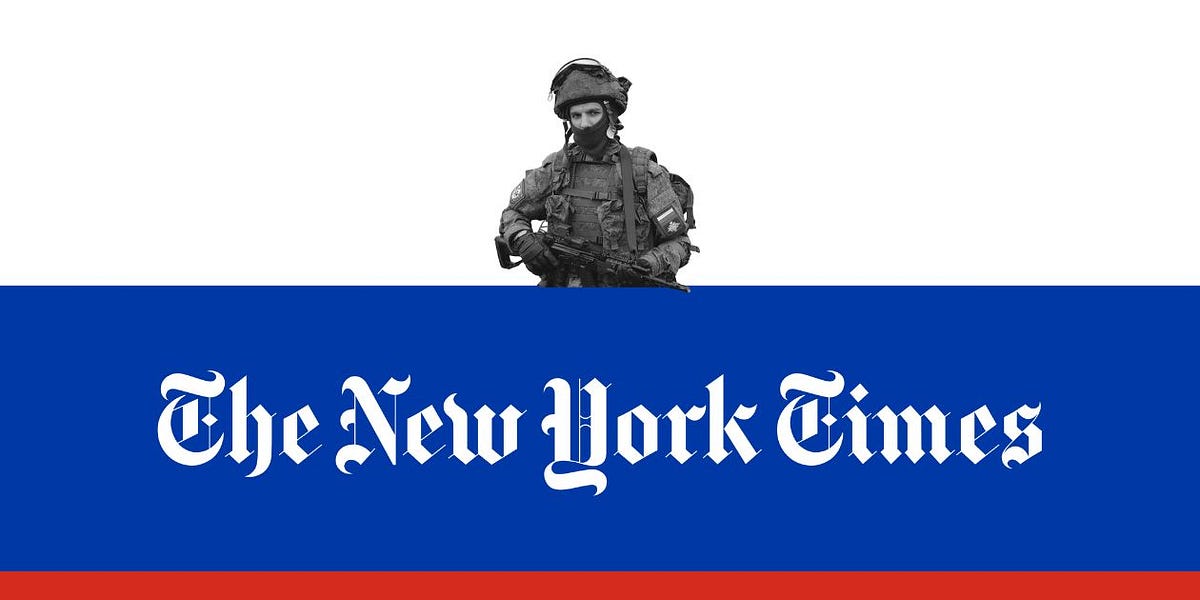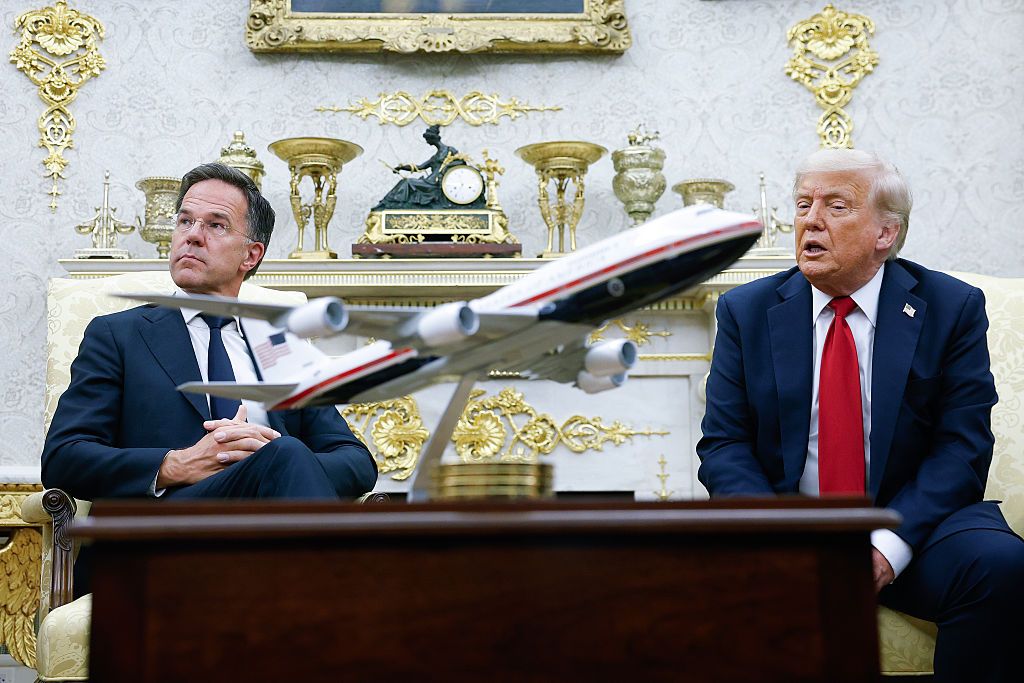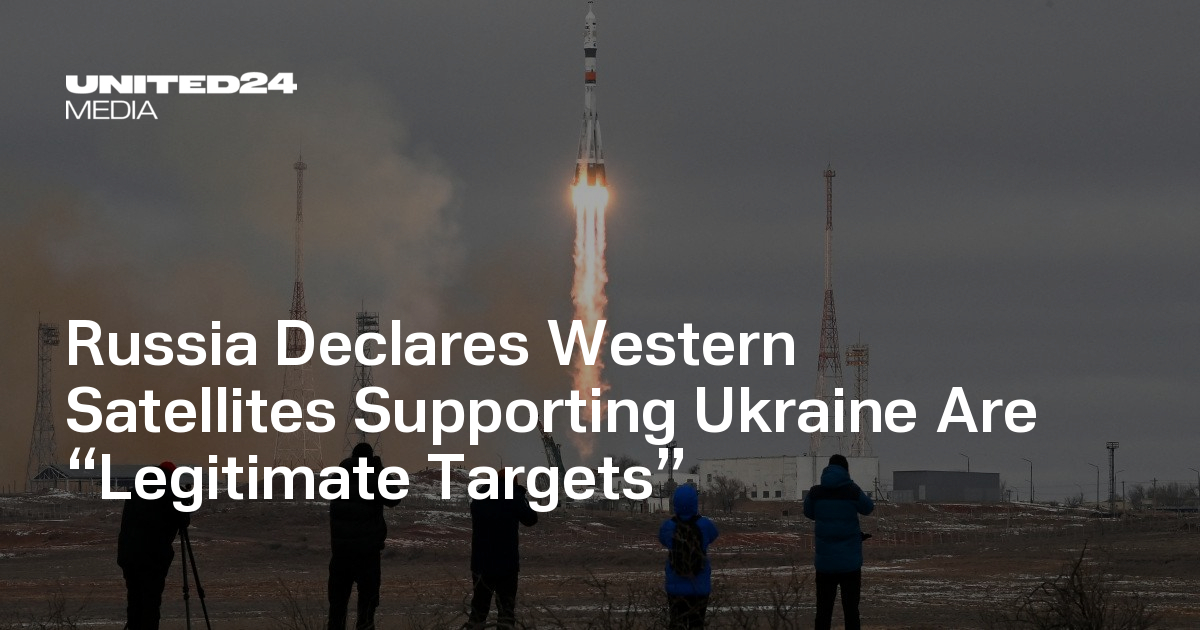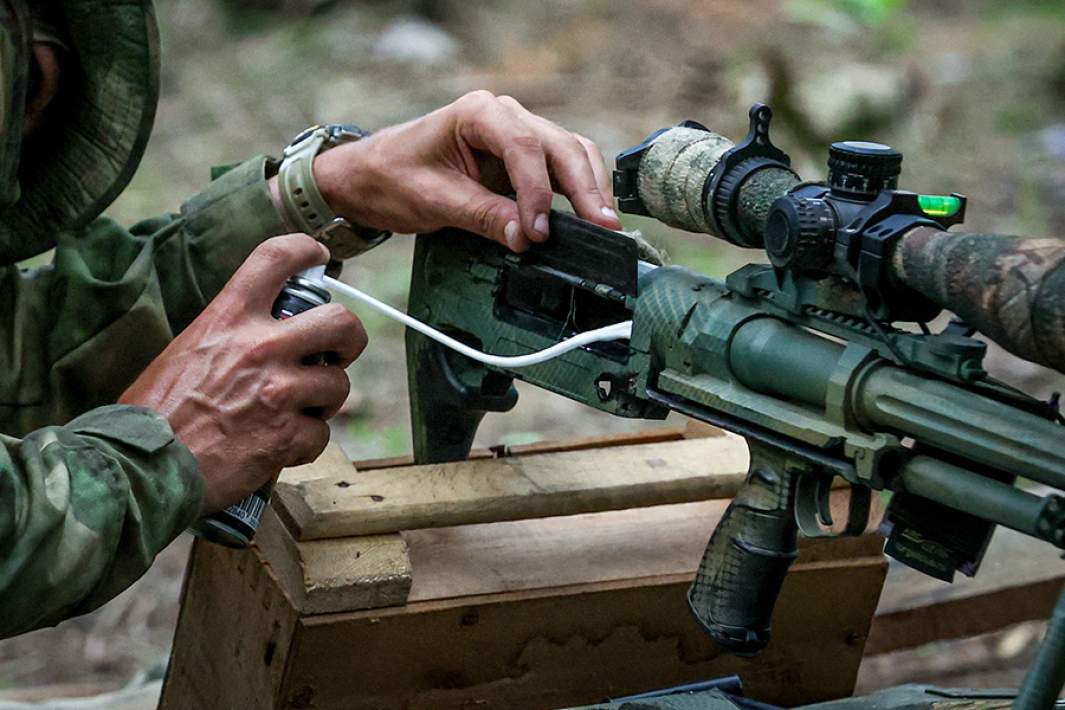From the article
Heavy snipers are those who operate at distances over a kilometer. These guys, in "free hunting" mode, covertly destroy especially important targets, supporting the combat work of Russian assault, motorized rifle and tank units. But in order to effectively carry out such tasks, serious training is required. This is well understood in the "Dnepr" group of forces. Therefore, there is a special platoon of heavy snipers, which the Izvestia correspondent visited. These fighters hit the enemy from a distance of 1.5 km.
Sniper and mentor
Frankly, getting to the platoon location was not easy. Our path lay through viscous sand fields. You can't really go fast on such a road. But you still have to drive as fast as possible. Enemy drones are swarming in the sky. And our UAV detector is beeping, almost non-stop. You can become a target at any time. But we, having safely overcome the dangerous section, find ourselves in a well-guarded coniferous forest plantation. We are met by the deputy platoon commander of the motorized rifle company of snipers with the call sign Bakh.
Getting to know him, I learn that in March 2022 he signed a contract and ended up in a special military operation. He has a lot of combat experience. He has been in the army since 2006. His military service is in the Airborne Forces. He has seen more than one hot spot. By the time the special operation began, his previous contract had already expired. So he signed a new one.
I am a patriot of my country, and it is my duty to defend the Fatherland. I am from Krasnodar, where my family is waiting: a wife and children. My wife accepted my decision with understanding. In principle, she is used to this. And she understood that I would end up here anyway, — my interlocutor notes.
He immediately found himself in the Kherson direction, in one of the units of the mountain battalion. It turned out that the commander of that company was a Hero of Russia. A brave and experienced man.
— He led us skillfully, and overall we fought successfully, systematically destroying the enemy. At that time, combat work was easier for us to some extent. The enemy did not have as many drones as now. We saw the enemy only through the scope. Now everything is different. It is more difficult to get to a position. I was wounded in one of the battles. The wound was not serious, just shrapnel. I ended up in the hospital, recovered, and after that I was transferred here, to the sniper company. They decided that I had a lot of experience for this kind of work, — explains Bakha. He was awarded the St. George Cross of the third degree and the medal "For Services to the Fatherland".
The deputy platoon commander recalls one of the combat episodes that happened to him at the beginning of the special operation.
— At the Antonov dachas, near Aleshki, we spotted a target at a distance of almost 1.5 km. It was located across the Dnieper River. It was late autumn. We noticed the VSSU men when our three men were leaving their position. We identified the house where the enemy had taken up positions. They started their rotation there. We watched them for a couple of days. And on the third day, a decision was made to destroy everyone they had there. These were their machine gunners and observers. We accomplished the task. But we had to leave the position very quickly because a tank started firing at us, — the sniper recalls.
Sniper training
Now Bakha trains snipers. Prepares them for combat work. His platoon is heavy snipers, working on the enemy at extreme distances.
— Right now, we are mainly armed with ASVK rifles. We use them to hit targets at a distance of up to 1.5 km. But we expect to update our weapons soon. Those we train periodically go to the training ground, as well as to the front line to support our infantry. People come for training of different types. Their ages range from 19 to 50 years. But right now, a 48-year-old man is undergoing training in the platoon. They come to us without experience of such work, from other units: artillerymen, infantrymen, but mostly they are young contract soldiers, — the specialist specifies.
In his opinion, qualities such as zeal, interest and enthusiasm are extremely important in the work of a sniper.
"If all this does not happen, we will try to get rid of such people. We simply have no time to waste," he says.
And this is indeed the case, since here they not only train, but also carry out combat missions.
— Our brigade is on the defensive. The snipers’ task is to control the Dnieper channels and make sure that the enemy does not swim into them. In addition, we destroy enemy drones. Sometimes we go to the islands in the Dnieper region. The front line, in principle, is all in islands. There we support the infantry and scouts with fire. I must say, it is not easy to go there. There are a lot of enemy “birds” in the sky. We have to catch the moments when the sky is clear. This is mainly the period when twilight sets in. The enemy changes “eyes”. That is, he switches from daytime surveillance to nighttime ones. This is about an hour and a half, — Bakha explains.
He notices that they do not encounter enemy snipers in their area.
— What is the reason for this? They mainly use their drones for attack and observation. The distances are decent for them. Their sniper won’t get even 1.5 km away from us now, — the serviceman says.
The interlocutor explains that the trainees spend almost all of their free time studying the intricacies of tactics and camouflage.
— We give only one day for absolute rest. The rest of the time is classes and practical training. At the same time, 10 people are trained in the platoon. Everything depends on the person, on his abilities and desire. In the process of two or three classes, it becomes clear whether the fighter is suitable for us or not. Here, you need such things as basic knowledge of mathematics, multiplication tables. It seems easy. But not everyone has enough patience and endurance. Very important qualities for our business. Not everyone is good at lying in position for several days. Plus, you need to be able to fit into the team. Become an important part of it. There are six experienced snipers in the platoon. They are engaged in the training of personnel. But if suddenly we, experienced people, are tasked with going to position and solving a problem, we will do it without problems. We have everything for this. We are always in operational readiness, — he notes.
The experience of conducting the SVO, in his opinion, will have a serious impact on the process of training snipers in the future.
— A big step will be taken in this regard. Firstly, the enemy behaves differently, with the development of unmanned weapons systems. Understand, the war changed in an instant. It became completely different. I caught myself thinking about this somewhere around July 2022. I will say more, these changes continue. And they happen not just every year or month. Every day something new, — he concluded.
Replaced brother
One of the trainees is a rifleman in a sniper platoon of a motorized rifle company with the call sign Titanic. He is a little over 20 years old and is from Simferopol. It turned out that he served as a conscript in Sevastopol as a master of anti-aircraft missiles. He signed a contract voluntarily in January 2025.
— I made this decision for several reasons. Firstly, many of my comrades had already fought here. When I was celebrating the New Year with my family and listening to the president’s congratulations, I decided to go to the SVO. Then I wrote to a friend. We discussed it and went to the military registration and enlistment office together. He serves in a reconnaissance company, — the soldier said.
By his own admission, he initially wanted to be in this unit.
— My cousin fought in this company at one time. That's why I was assigned here. Everything worked out. My family was mostly positive about my choice. Of course, there were some negative emotions. But overall, my family supported my decision, — Titanic recalls.
Target indicator: sniper rifle with interchangeable barrels developed
The innovative complex has already begun to arrive in the SVO zone
He has been trained in sniper work for more than six months. Snipers, in his opinion, certainly need good training. Both physical and special, as well as psychological.
— We shoot a lot. This shooting, let's call it that, is extremely necessary. We train in different positions and different shooting options from them. This is, of course, shooting from a prone position, from a vehicle, from any support. Success in this is achieved through experience. First training, and then combat. Practical, so to speak. Mandatory classes in tactical training, fire, tactical medicine. We train on ASVD, ASVD-S and large-caliber ASVK rifles, — the shooter says.
In his opinion, a sniper is a military specialty that can be trained continuously.
- Weapons, tactics, and other nuances are developing almost continuously. All of this needs to be monitored and new things learned. If, of course, you want to be a professional in the broad sense, and on the other hand, just survive, - he emphasizes.
And to survive, you need to know a lot. So, the basics of camouflage are constantly being honed here. This is one of the most important components in sniper work. It differs depending on the season.
— In winter, you camouflage yourself completely differently than in summer. Then we train to go into position, stay there for a long time, and observe. By the way, the total load we take to work can reach up to 30 kg per soldier. We train mainly in pairs. We also learn how to keep fire cards. I think the opinion that a sniper has only one shot is correct. If you miss, you reveal yourself. You have to work straight to the target, — the interlocutor reasons.









